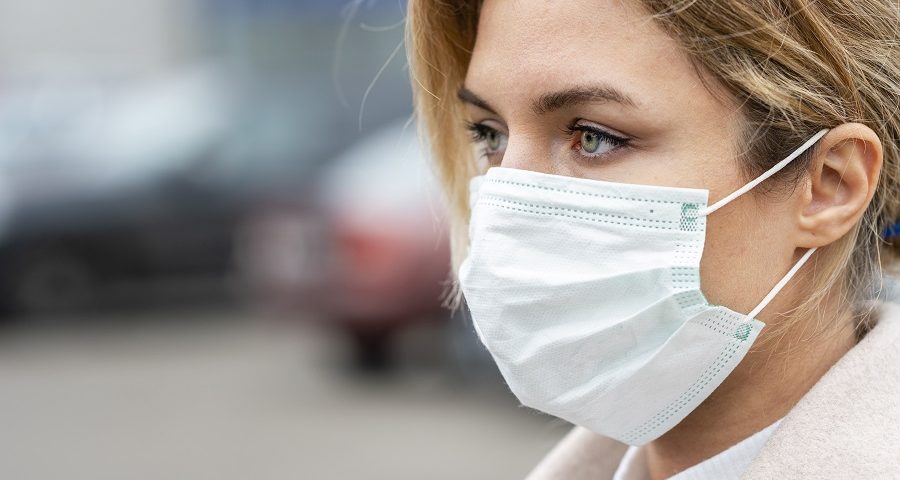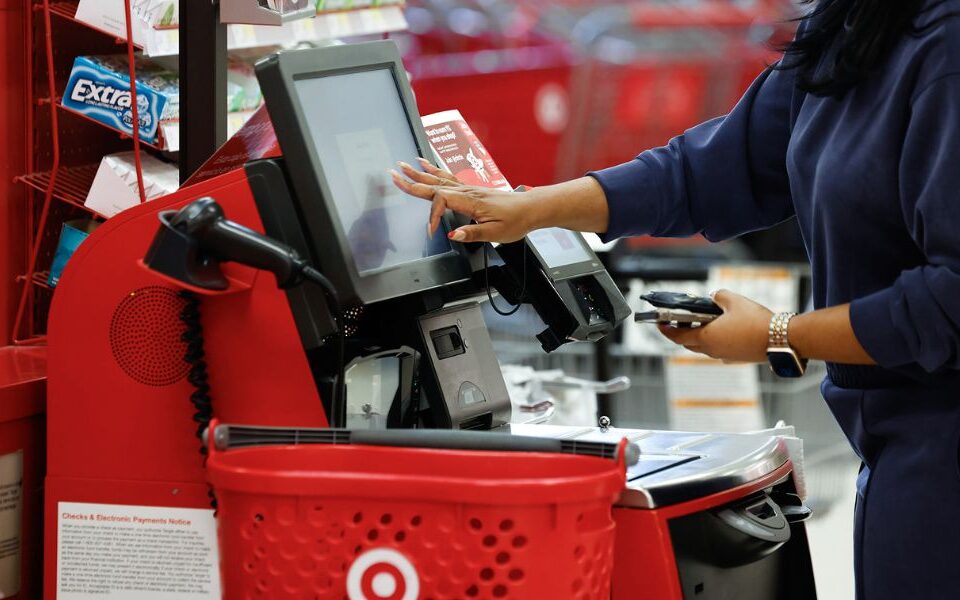- Have any questions?
- 888-432-8878
- steve@sebackground.com
Staffing Agencies Not Liable for Alleged Workplace Bias by Client Company
June 19, 2020
What Makes Tesla A Great Place to Work?
June 21, 2020Organizations and employers cannot require coronavirus antibody testing for employees who are willing to return to work, stated the Equal Employment Opportunity Commission in guidance. According to EEOC, employers can test the workers for COVID-19 as per the Americans With Disabilities Act and enforce them to wear masks and check their temperatures without any violation of federal law. The EEOC polices workplace discrimination in the US.
The EEOC found that as COVID-19 is a “direct threat to the health of others,” employers could test employees “to determine if they have the virus.” The EEOC, however, also cautions employers to “ensure that the tests are accurate and reliable,” and should “consider the incidence of false-positives or false-negatives associated with a particular test.” The body recommends employers to review appropriate guidance from the Food and Drug Administration (FDA) about what is safe or not and consider advice from the Centers for Disease Control and Prevention (CDC) and other public health authorities.
 On April 24, 2020, a New York Times article titled “Coronavirus Antibody Tests: Can You Trust the Results?” focusing on significant reliability issues with antibody tests currently available. Scientists also confirmed about fourteen coronavirus antibody tests, which are prevalent in the market, with only three delivered consistently reliable results, which, too, had flaws.
On April 24, 2020, a New York Times article titled “Coronavirus Antibody Tests: Can You Trust the Results?” focusing on significant reliability issues with antibody tests currently available. Scientists also confirmed about fourteen coronavirus antibody tests, which are prevalent in the market, with only three delivered consistently reliable results, which, too, had flaws.
People across the US are scrambling to take the antibody tests, to know whether they can be immune to the virus and can quickly return to their work and healthy lives. However, this effort means nothing if people can’t trust the test results. Researchers found only one of the fourteen tests never delivered a “false-positive,” which means the tests detected antibodies in people who didn’t even have them. And yet the top three tests conducted only detected antibodies in infected people about 90% at a time.
Scientists have warned that false-positives are specifically dangerous while making decisions about going back to work. The results may lead people to believe that they are immune to the COVID-19 virus when they are not, thereby putting them in danger by abandoning social distancing practices.
The antibody testing process looks for signs in the blood if a person has antibodies to fight the COVID-19 virus. This means that the person was exposed to the virus. Antibodies are the body’s way of knowing how the body responded to a particular infection so that it can attack again if exposed to the same virus pathogen. Scientists are not much sure whether having functional antibodies means people are immune to the COVID-19.
“Please note that an antibody test is different from a test to determine if someone has an active case of COVID-19 (i.e., a viral test),” EEOC stated in the guidance. The guidance is passed according to the advice from the Centers for Disease Control and Prevention, which says that antibody tests should not be used to make decisions about who should return to work and who shouldn’t. Businesses reopening after the lockdown are following the federal government for guidance on how to employ workers back safely. The CDC guidelines for office buildings states that employers screen for COVID-19 symptoms, sanitize workspaces more frequently, and promote social distancing practices.
The post Can Your Employer Force You To Take An Antibody Test? appeared first on The HR Digest.
Source: New feed




